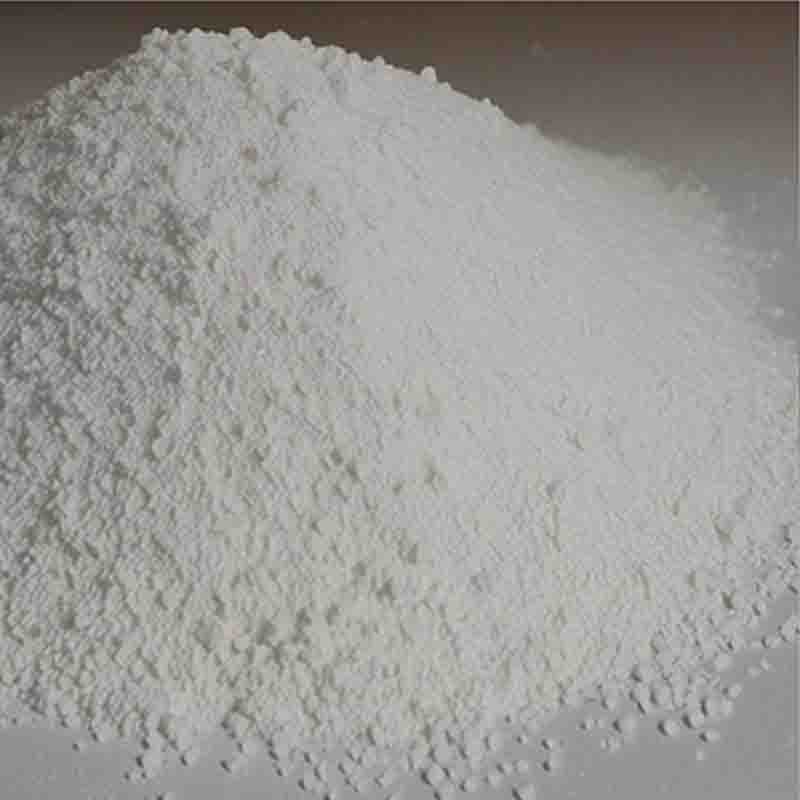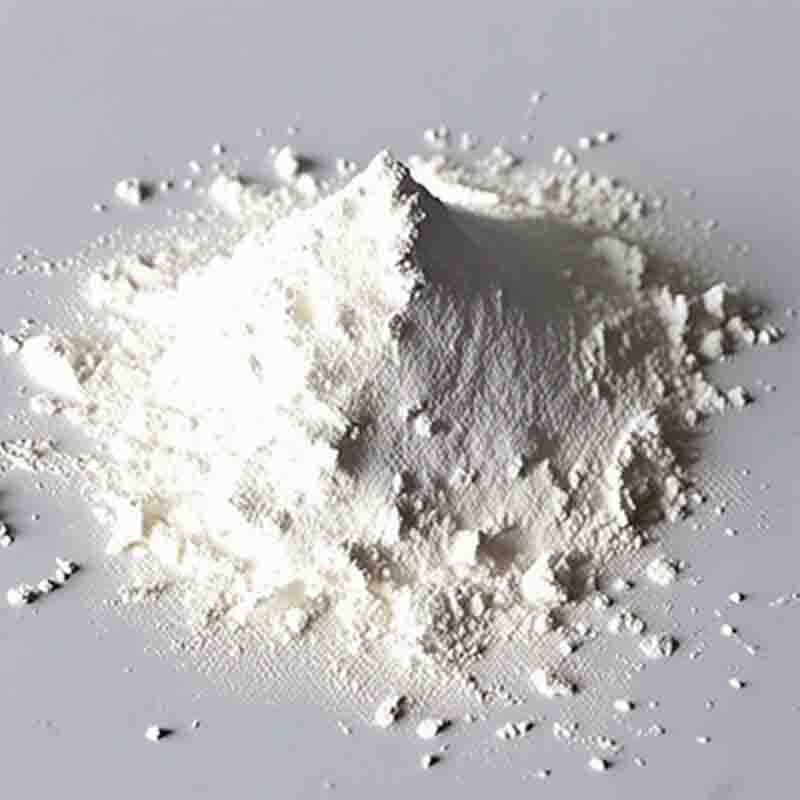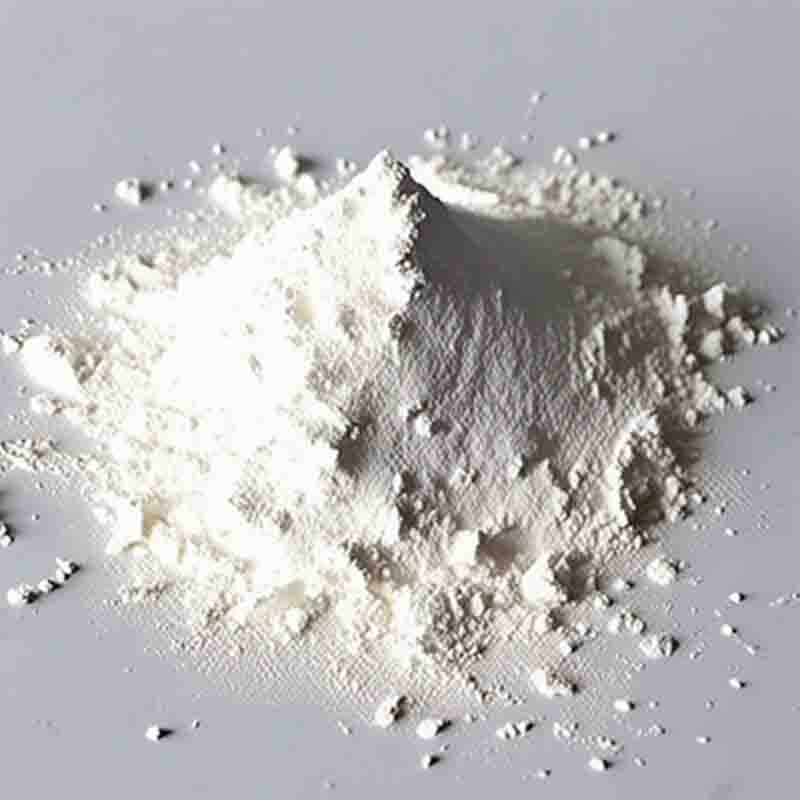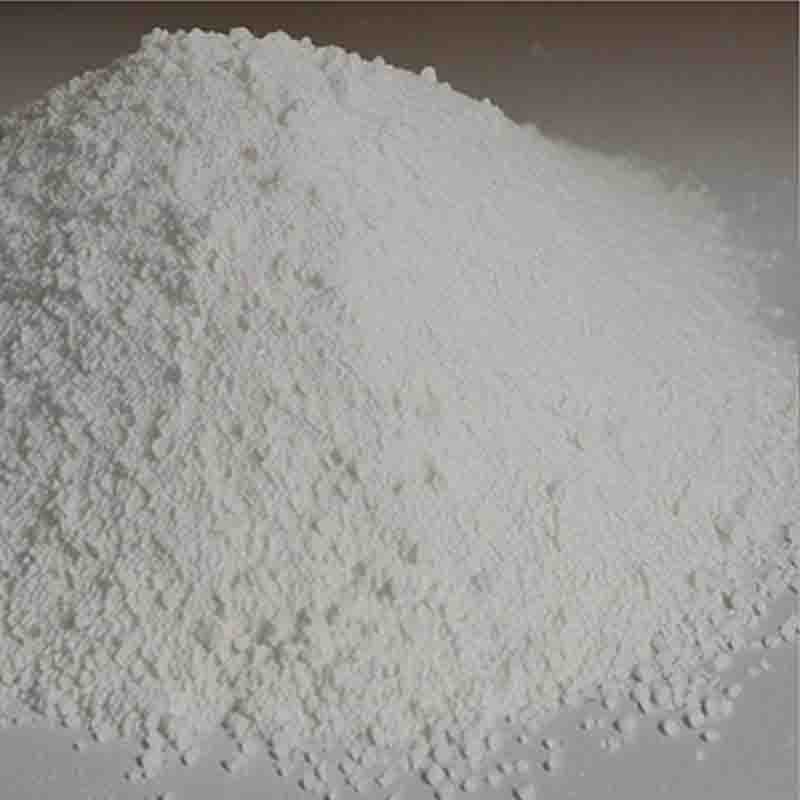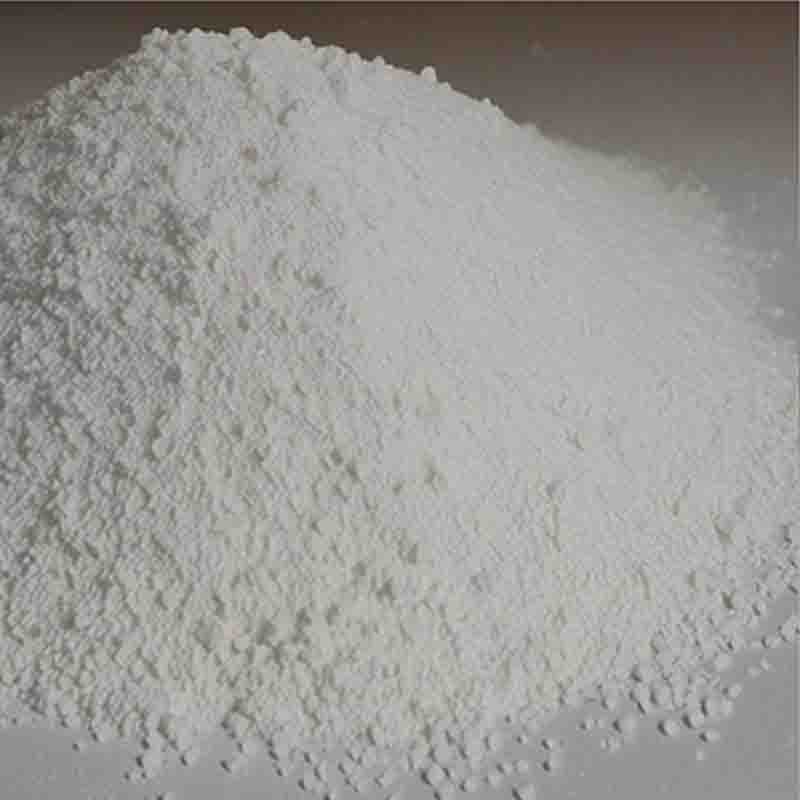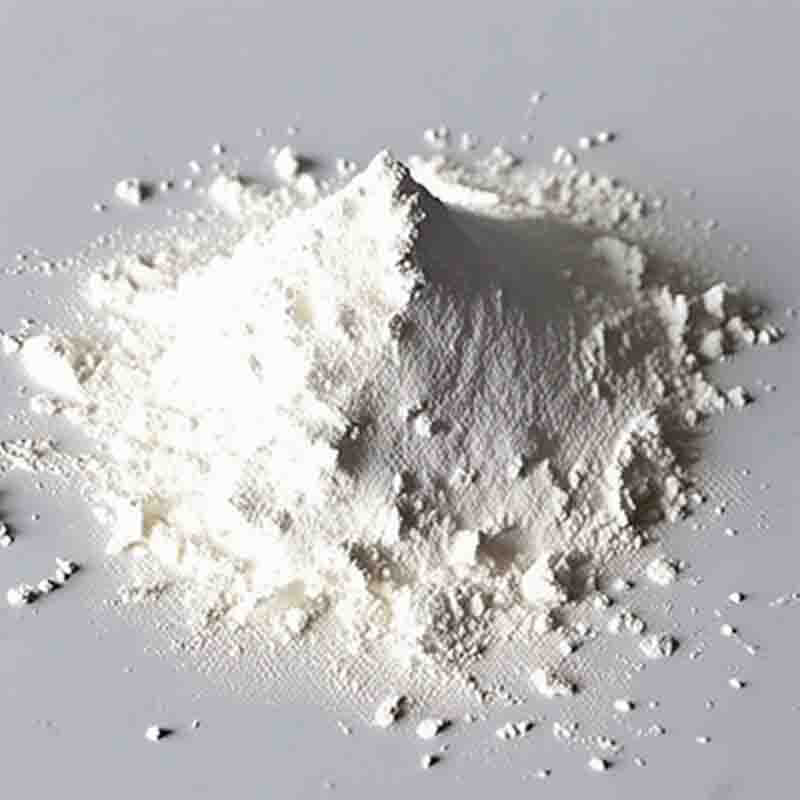2-(4-(dibutylamino)-2-hydroxybenzoyl)-benzoicacid CAS:54574-82-2
| Catalog Number | XD94572 |
| Product Name | 2-(4-(dibutylamino)-2-hydroxybenzoyl)-benzoicacid |
| CAS | 54574-82-2 |
| Molecular Formula | C22H27NO4 |
| Molecular Weight | 369.45 |
| Storage Details | Ambient |
Product Specification
| Appearance | White powder |
| Assay | 99% min |
The compound 2-(4-(dibutylamino)-2-hydroxybenzoyl)-benzoic acid, also known as DB37, is a chemical compound with potential therapeutic effects and various applications.One of the significant effects of DB37 is its potential as an anti-inflammatory agent. Studies have shown that DB37 exhibits anti-inflammatory properties by inhibiting the production of pro-inflammatory cytokines and enzymes, such as tumor necrosis factor-alpha (TNF-α) and cyclooxygenase-2 (COX-2). By reducing inflammation, DB37 may have clinical applications in the treatment of inflammatory disorders, such as rheumatoid arthritis and inflammatory bowel disease.Furthermore, DB37 has been investigated for its potential as an antioxidant. Antioxidants play a crucial role in protecting cells from oxidative damage caused by free radicals. DB37 has shown promising antioxidant activity, which could have implications for reducing oxidative stress-related diseases and promoting overall cellular health.In addition to its anti-inflammatory and antioxidant effects, DB37 has demonstrated potential anticancer properties. Studies have observed that DB37 inhibits the growth and induces cell death (apoptosis) in various cancer cell lines, including breast cancer and colorectal cancer cells. These findings suggest that DB37 may have a role in cancer therapy and could be developed as a novel anticancer agent.Furthermore, DB37 has been investigated for its potential as an antibacterial agent. Studies have shown that DB37 exhibits antimicrobial activity against a range of bacterial strains, including both gram-positive and gram-negative bacteria. This antimicrobial activity can be attributed to its ability to disrupt bacterial cell membranes or inhibit essential bacterial enzymes, making it a potential candidate for developing new antibacterial drugs.Moreover, DB37 has been studied for its photoprotective effects. It has been shown to absorb ultraviolet (UV) radiation, thereby protecting the skin from harmful UV-induced damage, including sunburn and DNA damage. This characteristic makes DB37 a potentially valuable ingredient in sunscreens and other photoprotective skincare products.Overall, the compound 2-(4-(dibutylamino)-2-hydroxybenzoyl)-benzoic acid (DB37) exhibits a range of effects and potential applications. Its anti-inflammatory, antioxidant, anticancer, antimicrobial, and photoprotective properties make it an intriguing compound for further research and development. Continued studies may lead to the creation of new drugs and therapeutic approaches for various diseases and conditions.


